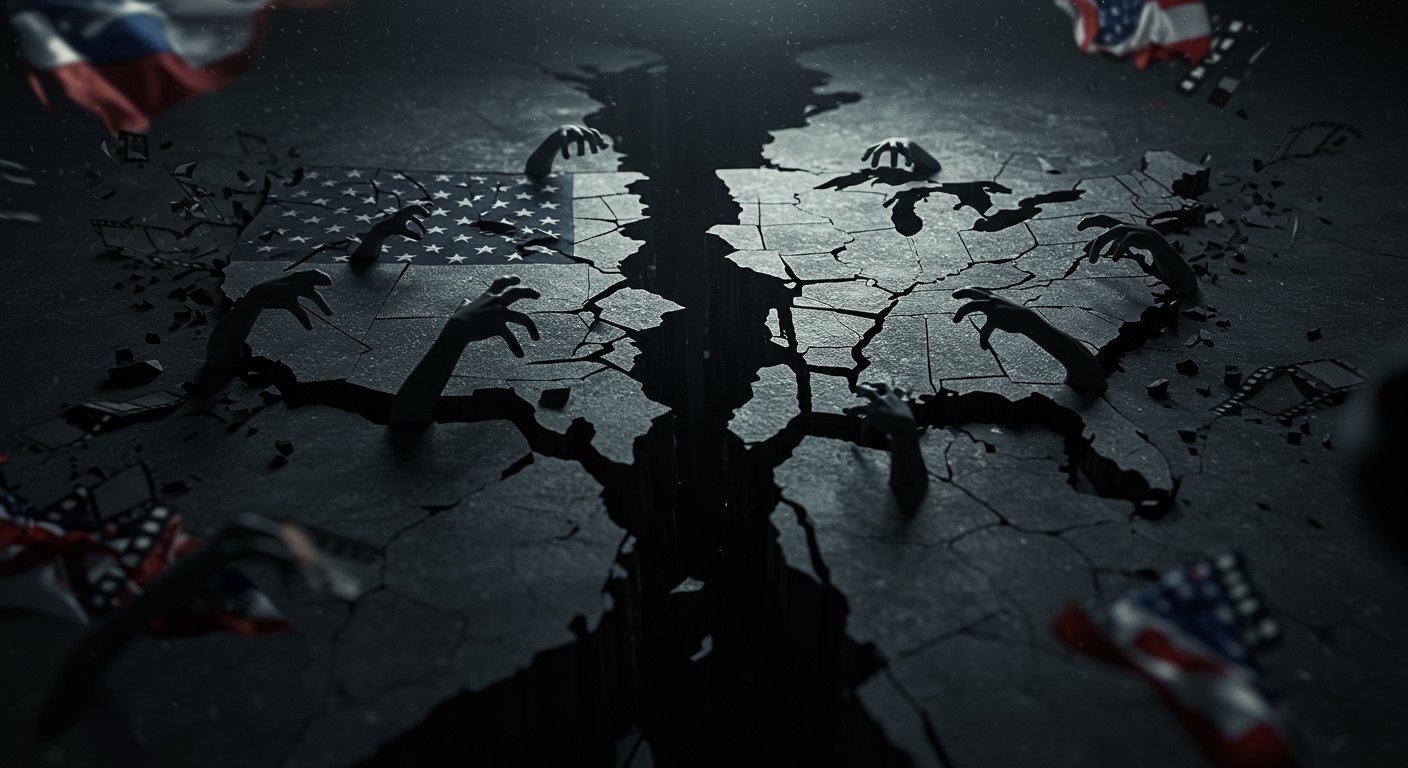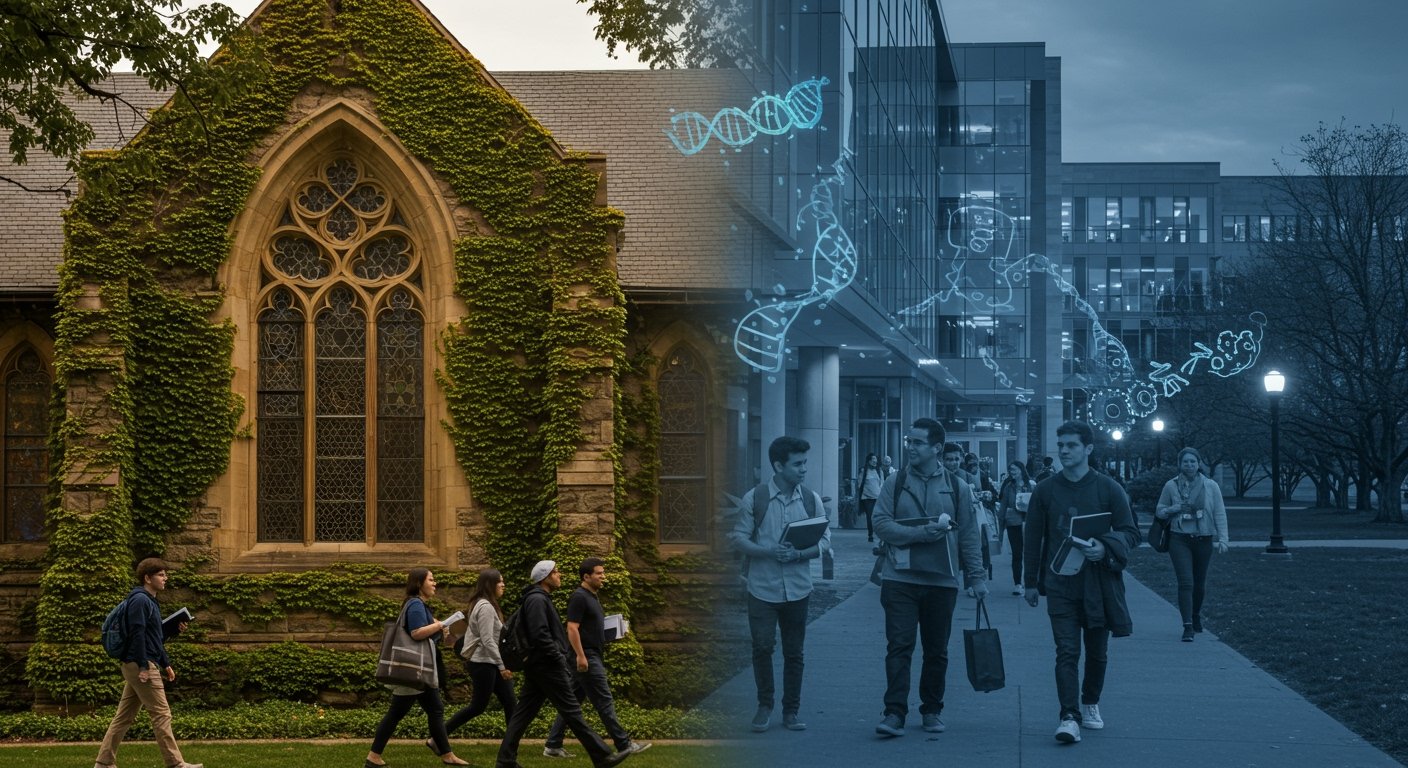Master documentary filmmaker Ken Burns sat down for a significant interview with “CBS Evening News” co-anchor John Dickerson at the historic home of Thomas Jefferson in Monticello. The extensive conversation, set to air on “Face the Nation with Margaret Brennan” on July 6, 2025, delves into the complex tapestry of American history, examining its enduring divisions and their resonance in the contemporary United States.
The Unsettled Landscape of 1776
Burns offered a compelling perspective on the period surrounding the Declaration of Independence. He argued that the nation was far from united in July 1776. Instead, he characterized the era as a “civil war” that had already been underway since April ’75. This conflict, he noted, was multi-faceted, involving a diverse array of participants including patriots, loyalists, disaffected people, Native people, enslaved and free people, and international powers. This complex internal struggle, he explained, ultimately escalated into a “big world war.”
Understanding this profound level of turmoil at the nation’s inception, Burns contended, doesn’t diminish the founders’ vision; rather, it makes their “big ideas” even more inspiring. He emphasized that the pursuit of unity and the articulation of foundational principles occurred against a backdrop of intense fragmentation and conflict, highlighting the extraordinary nature of the achievement.
Historical Complexity Versus Contemporary “Binary” Culture
The discussion drew a sharp contrast between the historical landscape and what Burns described as contemporary American culture, which he sees as often “binary.” He suggested that modern society struggles with tolerating flaws in public figures or historical icons. This stands in stark contrast, he argued, to the nuanced understanding required when examining figures like Thomas Jefferson and George Washington, whose immense contributions must be weighed alongside their significant moral failings, particularly their ownership of enslaved people. Burns underscored the necessity of accepting both the strengths and weaknesses of historical figures to grasp the full complexity of the past.
A Recurring Pattern of Division
Burns articulated a view that division is not an anomaly but a persistent theme throughout American history. He cited several pivotal moments as examples of deep societal rifts, including the period of the New Deal, the nation’s descent into the Civil War, and the turbulent Vietnam period. By highlighting these historical epochs, Burns reinforced his argument that the challenges of division and discord are deeply embedded in the American experience, suggesting that current polarization, while perhaps manifesting differently, is part of a long historical continuum.
The Importance of Institutions and Deep Dive History
The acclaimed filmmaker also spoke about the critical role of institutions like PBS in enabling the kind of comprehensive, long-term historical work that defines his career. He noted that such platforms provide the necessary space and time – sometimes a decade, like 10 years – to delve deeply into complex subjects, allowing for a more thorough and nuanced understanding of history.
Reflecting on his own learning process, Burns specifically mentioned gaining a profound understanding of the intricate and brutal reality of slavery in America. He highlighted the historical irony that even some of the nation’s founders who owned slaves understood, on some level, that the institution was fundamentally indefensible, revealing a deep moral conflict at the heart of the nation’s origins.
The interview offers a timely reflection on the enduring challenges of American identity and unity, viewed through the lens of its complicated past, and is anticipated to provide valuable historical context for contemporary issues when it airs on July 6, 2025.












